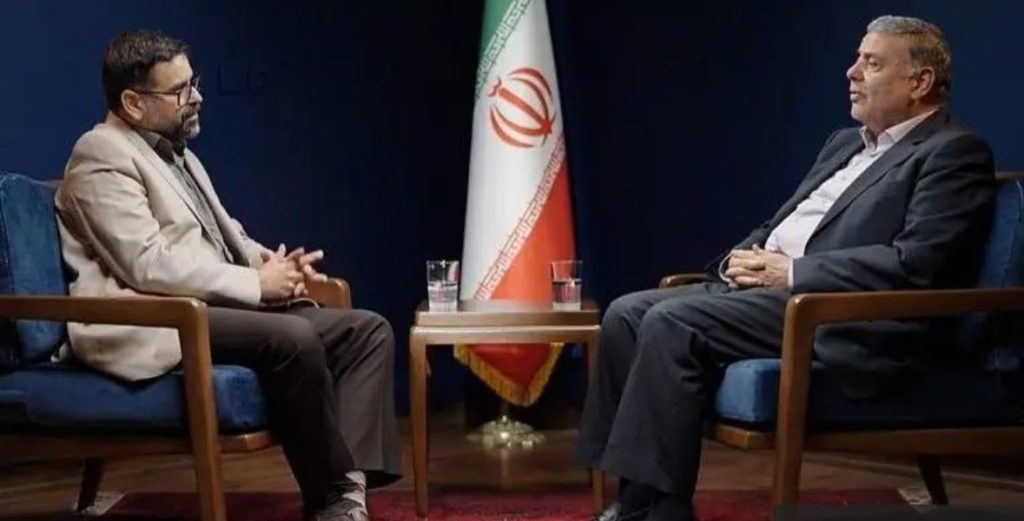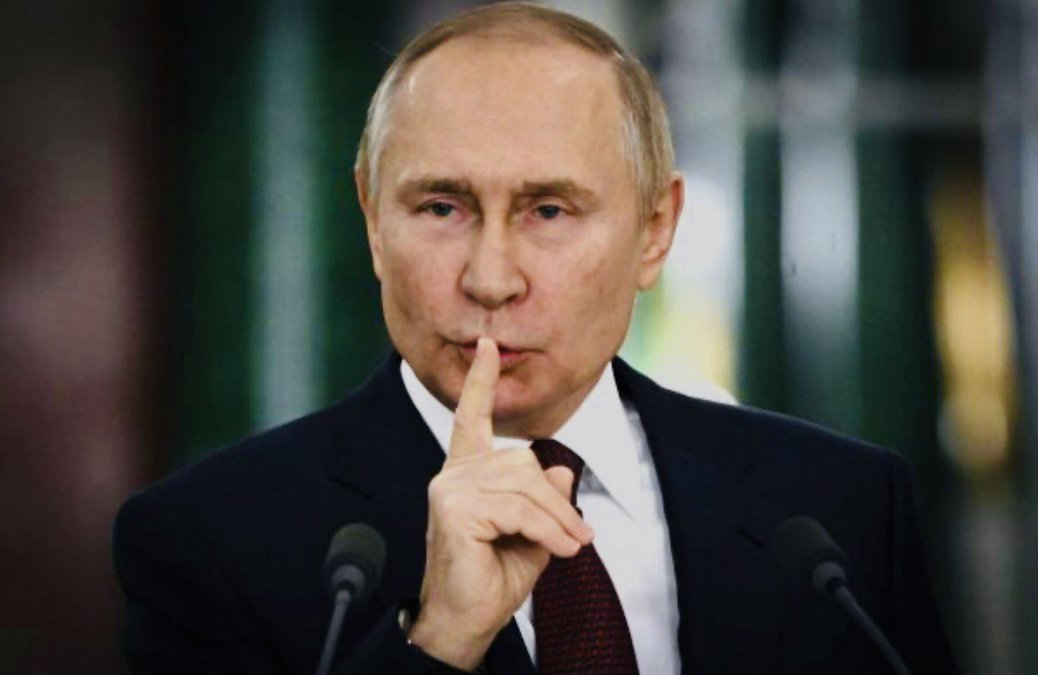Mohammad Sadr’s revelations sparked a new wave of distrust towards Moscow
Russians behind Israel’s information on Iran’s air defense
According to Irangate News Agency, following the twelve-day war between Iran and Israel, which had widespread political, security, and media repercussions within the country, the stance and actions of the Russian Federation during this conflict have become a major point of criticism among Iranian politicians and experts. In the latest statements, Mohammad Sadr, a member of the Expediency Discernment Council and a seasoned diplomat, has raised claims suggesting the possibility of Russian intelligence cooperation with Israel, sparking new debates about the reliability of this strategic partner of the Islamic Republic of Iran. These statements have not only received extensive media coverage but have also elicited official responses from government, judicial, and media officials in the country.
Analytical report on the continuation of criticism towards Russia’s stance following the 12-day Iran-Israel war
After the end of the twelve-day war between Iran and Israel, several politicians and analysts in Iran expressed their concerns about the performance and stance of the Russian Federation during this conflict, an issue that remains a topic of discussion and criticism in the country’s political sphere.
In the latest reaction, Mohammad Sadr, a member of the Expediency Discernment Council and former Deputy Foreign Minister in the Reformist government, made statements that have drawn significant reactions. He claimed that Russia might have provided Israel with information related to Iran’s air defense systems. According to him, the precision of Israel’s attacks during the recent war could confirm such a possibility.
In an interview published on September 1, 2025, on the Synergy media platform, with the video available on Aparat, Sadr stated that there are doubts and suspicions about how Israel had precise information on our air defense centers, both in the recent war and in previous conflicts. Based on my analysis, I can tell you that the Russians provided the relevant information to Israel.
In response to a question about whether this claim is merely based on his personal analysis, Sadr clarified that it is also based on information.
Severe criticism of the strategic agreement with Russia

Continuing in the same interview, Mohammad Sadr severely criticized the strategic treaty between Iran and Russia, describing it as an unreliable farce.
He also criticized Moscow for selling the S400 air defense system to Turkey, a NATO member, while refusing to deliver similar systems and Sukhoi fighters to Iran.
It is worth noting that the comprehensive strategic treaty between Tehran and Moscow is an agreement in the fields of political, military, and economic cooperation, signed earlier this year during the Iranian president’s visit to Russia.
In this context, Sadr said that we must have a very serious relationship with Russia but not trust them.
He, considered one of Iran’s veteran diplomats, was appointed to the Expediency Discernment Council in 2017 by the order of the Supreme Leader of the Islamic Republic.
Continuing historical distrust towards Russia
Criticism of Russia’s role is not limited to the recent war. During Iran’s military presence in Syria, accusations were also made against Moscow.
Some believed that the lack of use of Russian air defense systems and security coordination between Russia and Israel paved the way for repeated attacks on Iranian positions in Syria. However, Russia has denied these claims, stating that its policy is to strive for balance between the parties.
During the 12-day war, the Kremlin merely called for de-escalation and offered to mediate, while refraining from providing any practical military support to Iran. Meanwhile, Russian officials have emphasized their continued comprehensive cooperation with Tehran.
These positions have led to the persistence of historical distrust towards Russia in Iran’s political sphere, despite the development of political and security relations between the two countries.
Media coverage and reactions to Sadr’s statements
Russian media also covered Mohammad Sadr’s statements, emphasizing the Kremlin’s official stance during the war and describing Israel’s attacks as unjustified and illegal. Vladimir Putin also stressed that Iran had not requested military assistance and that this partnership does not imply a defensive alliance.
In an analysis published by the European Council on Foreign Relations after the war, it was suggested that Russia might benefit from the weakening of Iran’s regional position, as this situation would prevent Tehran from getting closer to Western countries, although instability in Iran could also be costly and risky for Moscow.
On a broader level, some experts believe that Russia is more interested in crisis management through diplomacy and seeks to balance its regional partnerships with its strategic interests.
Sadr said Israel was behind Raisi’s death. Mohammad Sadr also reiterated that in the incident of the helicopter crash carrying Ebrahim Raisi, the former president of Iran, he believes Israel was responsible for this incident. He stated that the moment Mr. Raisi was struck, I said that Israel was behind his death, although there were various theories at that time.
The helicopter carrying Raisi crashed on May 20, 2024, while returning from the inauguration ceremony of a dam near the Azerbaijan Republic border. Following this incident, hypotheses about the involvement of foreign countries, including Israel and the United States, were raised.
Kamran Ghazanfari, a member of the Iranian parliament, also stated in December of last year that the gentlemen inside do not see it fit to announce that the U.S. and Israel, in cooperation with the Aliyev regime in Azerbaijan, martyred the president and attributed it to a dense cloud mass that only targeted the middle helicopter.
Other political figures also raised the possibility of Israeli involvement in the Raisi helicopter crash incident after Israel’s extensive operations against Hezbollah in Lebanon. Meanwhile, Iranian officials have rejected the occurrence of any technical failure or human error, attributing the cause of the incident to complex weather conditions.
Official reactions to the claims
Iranian Foreign Ministry Spokesman Esmail Baghaei, in his weekly press conference, described Mohammad Sadr’s statements as merely personal opinions lacking credible evidence and emphasized that these views do not represent the official stance of the Islamic Republic of Iran. He also stated regarding the former president’s helicopter crash that the official government report remains the valid document in this matter, and any claims or speculations contrary to it are rejected.
In another reaction, Malek Shariati, a Tehran representative in the parliament, wrote in a post on the social network X addressing Ali Larijani, the Secretary of the Supreme National Security Council, that if this claim is true, then respond decisively to Russia; if it is false, take decisive action against its speaker. Do not let national security become a plaything.
Additionally, reformist political analyst Ahmad Zeidabadi warned that tampering with real reports could severely undermine public trust.
The Kayhan newspaper also reacted strongly, describing Mohammad Sadr’s statements as false and provocative, claiming that such views harm the country’s national security and foreign policy.
In contrast, some reformist and moderate media criticized Kayhan, evaluating its reaction as unconditional support for Russia and an attempt to suppress critical voices.
Meanwhile, Mizan News Agency, affiliated with the judiciary, reported that the Tehran prosecutor has filed a legal case against one of the members of the Expediency Discernment Council, without directly naming Mohammad Sadr. This individual is accused of making false and baseless statements and has been summoned to the judicial authorities.

